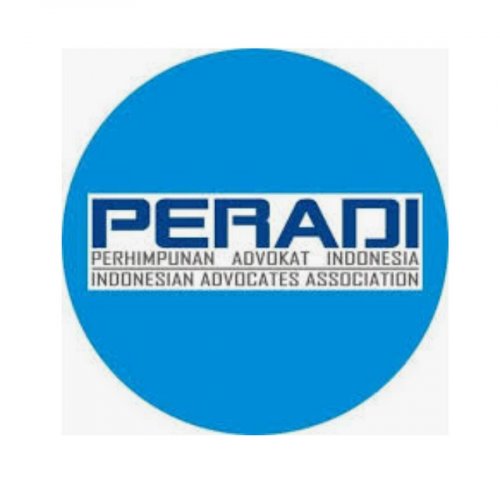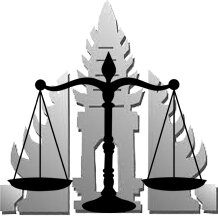Best Legal Document Lawyers in Jakarta
Share your needs with us, get contacted by law firms.
Free. Takes 2 min.
List of the best lawyers in Jakarta, Indonesia
About Legal Document Law in Jakarta, Indonesia
The law of legal documents in Jakarta, Indonesia, is governed primarily by Indonesian civil law, which emphasizes written agreements and explicitly defined terms. It covers areas including but not limited to, all forms of contracts, deeds, wills, powers of attorney, and various business-related documents. The legal documents should always comply with the requirements stated in Indonesia's civil code and other relevant laws, and they must be duly authenticated or notarized, as needed, and should clearly state the intentions of the involved parties.
Why You May Need a Lawyer
A lawyer's assistance is invaluable when drafting or reviewing legal documents. You may need a lawyer to ensure that the documents are legally sound and binding, they protect your rights, and they reflect your intentions accurately. Situations where you might need legal help include drafting contracts for business transactions, preparing a will or a power of attorney, reviewing property lease or purchase agreements, or dealing with any other legal documents that may affect your rights and obligations.
Local Laws Overview
The most important law that applies to legal documents in Jakarta, Indonesia, is the Indonesian Civil Code. This code demands that contracts and legal documents be made in writing and requires specific provisions based on the type of contract or legal agreement. Another significant law is the Law on Electronic Information and Transaction, which governs digital contracts and documents. Besides, there are multiple case-specific laws covering various contract types, like property transactions, employment contracts, etc. Failure to comply with these laws may lead to legal disputes and potential invalidity of the documents.
Frequently Asked Questions
What language should a legal document be in?
Although English is often used in business transactions in Indonesia, Bahasa Indonesia is the official language, and all legal documents should ideally be drafted in this language to avoid potential legal disputes.
Can I prepare a legal document by myself?
While you can draft a legal document by yourself, it's recommended to seek legal advice to ensure the document's legality and effectiveness. Lawyers will ensure that your document complies with all relevant laws and truly protects your interests.
Do all legal documents need to be notarized in Indonesia?
Not all documents need to be notarized. However, certain documents like property contracts, loan agreements, and prenuptial agreements require notarization for validity.
How are digital contracts or agreements regulated in Indonesia?
Digital contracts are recognized and regulated under the Law on Electronic Information & Transaction, but they need to fulfill electronic signature requirements and other provisions specified by this law.
What happens if a legal document does not comply with Indonesian law?
If a legal document fails to comply with Indonesian law, it may be declared invalid or unenforceable. The consequences may vary depending on the nature and extent of the non-compliance and the type of document.
Additional Resources
Indonesia's Ministry of Law and Human Rights is an excellent resource for understanding local laws. The Indonesian Advocates Association (PERADI) can also provide valuable legal help. Furthermore, the Notary Association of Indonesia (INI) offers useful information about the notarization process and requirements.
Next Steps
If you need legal assistance related to legal documents, the first step would be to consult a reputable lawyer specializing in civil law, preferably one with experience in drafting, reviewing, and interpreting legal documents. Make sure to review all related laws and ask all necessary questions to understand your rights and responsibilities fully.
Lawzana helps you find the best lawyers and law firms in Jakarta through a curated and pre-screened list of qualified legal professionals. Our platform offers rankings and detailed profiles of attorneys and law firms, allowing you to compare based on practice areas, including Legal Document, experience, and client feedback.
Each profile includes a description of the firm's areas of practice, client reviews, team members and partners, year of establishment, spoken languages, office locations, contact information, social media presence, and any published articles or resources. Most firms on our platform speak English and are experienced in both local and international legal matters.
Get a quote from top-rated law firms in Jakarta, Indonesia — quickly, securely, and without unnecessary hassle.
Disclaimer:
The information provided on this page is for general informational purposes only and does not constitute legal advice. While we strive to ensure the accuracy and relevance of the content, legal information may change over time, and interpretations of the law can vary. You should always consult with a qualified legal professional for advice specific to your situation.
We disclaim all liability for actions taken or not taken based on the content of this page. If you believe any information is incorrect or outdated, please contact us, and we will review and update it where appropriate.

















